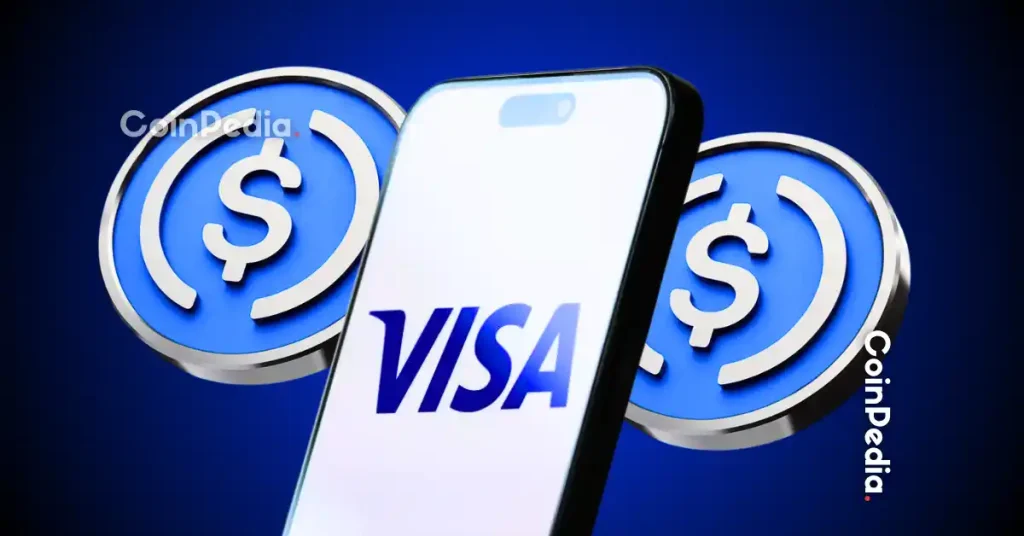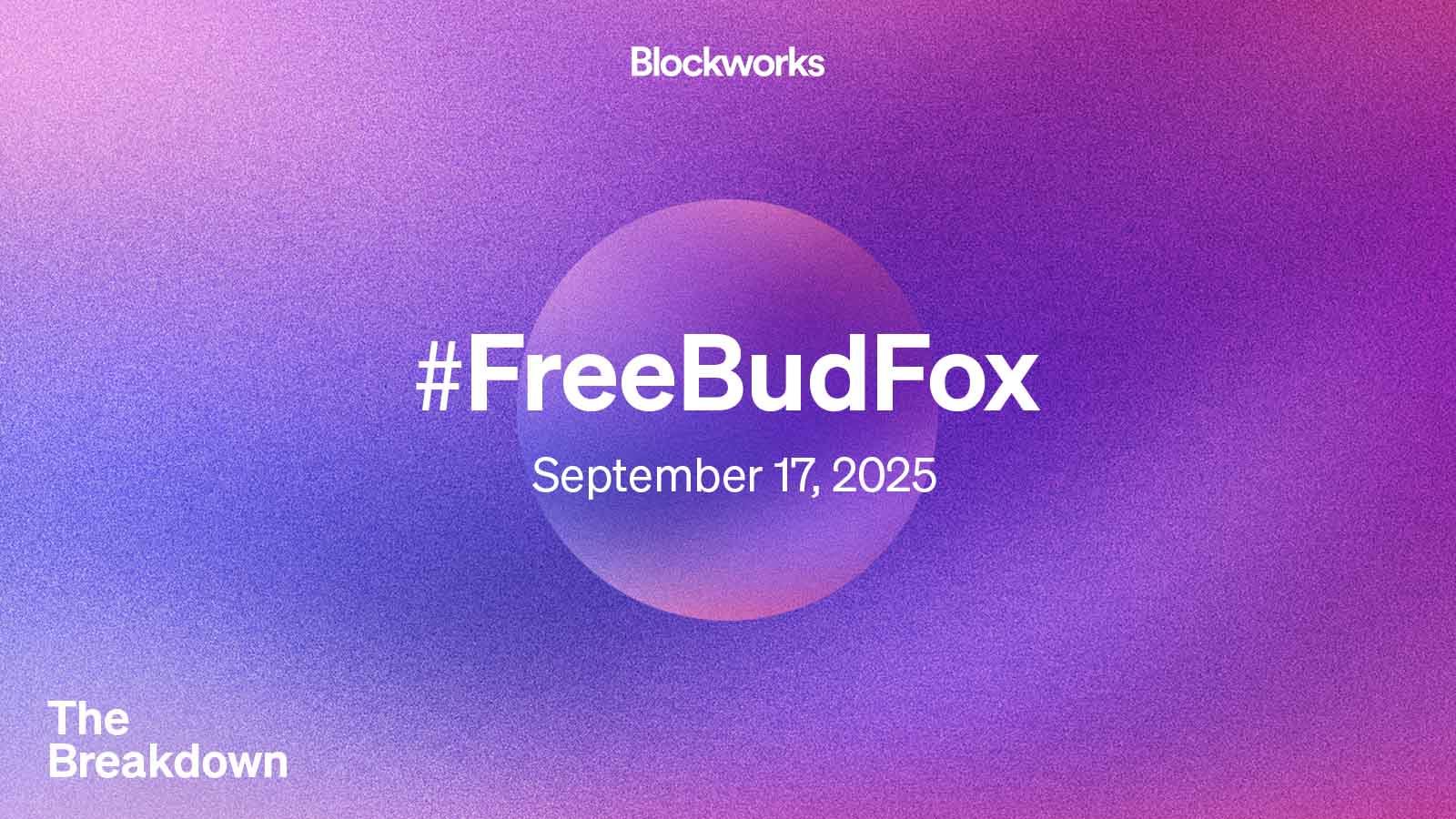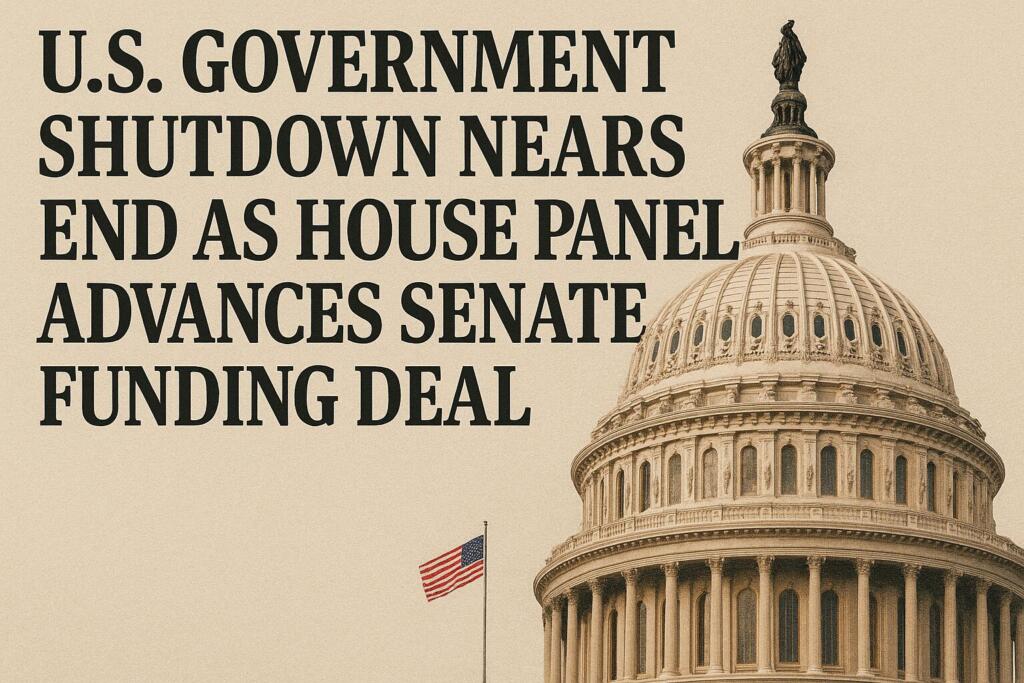JUST IN: Visa Begins USDC Stablecoin Trials, Targets Faster Global Payouts

The post JUST IN: Visa Begins USDC Stablecoin Trials, Targets Faster Global Payouts appeared first on Coinpedia Fintech News
Visa is taking another big step into crypto. The payments giant has started a pilot program to test USDC stablecoin payouts, allowing U.S. businesses to pay in fiat while recipients can choose to receive their money directly in USD-backed stablecoins like USDC.
This new move could reshape how freelancers, creators, and gig workers get paid, especially those working across borders. The crypto community is buzzing. Here’s what you should know.
Visa Pushes for Faster, Borderless Payments
The pilot is being tested through Visa Direct, the company’s global payout network. Instead of sending funds to a bank account or card, Visa will now let businesses send payments straight to a stablecoin wallet.
For the millions of creators and freelancers who rely on digital platforms, this change could mean real convenience. Visa’s own research found that 57% of digital creators prefer payment methods that give them instant access to funds.
Also Read: Visa Expands Stablecoin Support Across Four Blockchains Amid Crypto Push
Stablecoins Move From Backend to Everyday Use
This is not Visa’s first experiment with stablecoins. In September, the company ran a pre-funding pilot that allowed businesses to use stablecoins for back-end treasury operations. The new pilot takes it a step further, letting end users actually receive their payouts in stablecoins.
With stablecoins, payments can move across borders instantly and without depending on traditional banking hours.
For people in underbanked regions or countries with unstable currencies, it could open up access to reliable, dollar-backed payments. This is innovation with a purpose!
Visa Sets Its Eyes on 2026 Rollout
Visa says it is currently working with select partners in the pilot phase and plans a broader rollout in 2026, depending on demand and regulatory progress. Every transaction will be recorded on the blockchain, adding transparency and auditability.
If the pilot succeeds, Visa could turn stablecoin payouts from a test into a global standard, which would be a major leap for payments.
You May Also Like

Let insiders trade – Blockworks

Trump Media Faces $54.8M Loss as Revenue Falls
